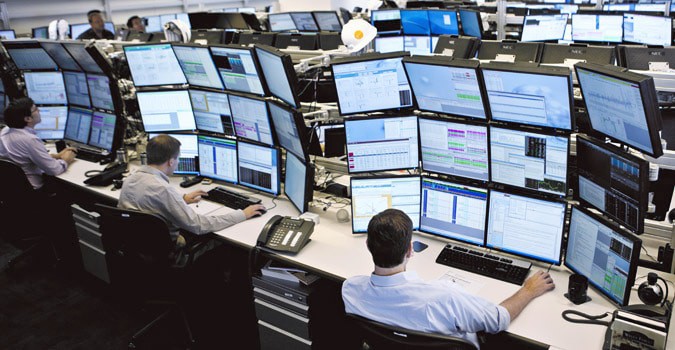
Prop trading is a term that many people are unfamiliar with. It can be perplexing because the phrase is frequently used in the finance industry. We shall explain what is prop trading and describe how it works in this article. We’ll provide you with some advice on how to get started if you’re considering launching your own prop trading company.
What Is Prop Trading?
Prop trading, usually referred to as proprietary trading, involves trades with company funds. A corporation takes its position and bears the profit or loss that arises from work instead of making trades with the client’s money and earning revenue based on commission. Because they keep 100% of the profit, firms can make a far higher profit from this form of trading than they could if they merely received commissions.
Prop trading tactics are used by companies that think they have superior access to information than the rest of the market and can make better trading judgments. Additionally, they have access to cutting-edge technology, which enables them to trade more quickly and do in-depth market research.
This tactic is seen as being extremely dangerous since, while it is true that a company may retain all profits, it also has to bear all losses. Because of this, both lawmakers and the general public have closely scrutinized this policy. The Volcker rule, which severely restricts the firms’ capacity to invest their capital, specifically targeted it.
Numerous companies have shut down their proprietary trading divisions or split them from their leading company since this law was enacted. There are multiple specialized proprietary trading companies, sometimes called “prop shops.”
How does prop trading work?
Prop trading is the practice of traders making investments using a company’s money rather than its clients’ money. A bank can retain the whole profit (or loss) from its dealings because of this. When banks were required to “create the market,” this technique first emerged. In order to increase liquidity for their clients, banks would keep a variety of investments in their accounts.
For instance, a bank might keep a particular class of rare securities, and when one of its clients wants to acquire one, it can serve as a seller rather than purchasing it off the open market. These services eventually developed as traders discovered more effective methods for valuing equities and trading. Before long, traders used firm money in trades for purposes other than merely supplying liquidity.
Because they have access to a wealth of information and cutting-edge technology, banks have an advantage over the market. Prop traders can now develop more complex and compelling computer models that settle trades faster than typical traders. They differ from specific traders in that they have access to various information. This sort of trading typically aims to profit from the market’s price disparities as they adjust to equilibrium.
Top 2 topstep Review By Customer
Jabari Jacobs,(trader, Hong Kong)
Such a fascinating broker! This is the first time I have witnessed a business fund client account in full, not with bonus money! I opened a bill to put my trading abilities to the test and hone my professionalism at the same time. And I must confess that TopStep has all the resources required to accomplish it.
But at first, the fact that the business has neither a license nor is it subject to any regulation perplexed me greatly. In other words, my rights weren’t respected. But six months later, the money came in gradually, and I started Trading Combine with an investment of slightly under $300. And since then, my profits have greatly surpassed this sum.
Jaswant Pratap Chanda, day trader, Bangalore
The best day trading choice is TopStep. You can get free coaching, the resources area is educational, and I particularly enjoy listening to their podcasts. I don’t spend my money on trading; the company covers everything. Trading limitations helped me: I improved my organization and attention to detail. I double-checked it with another broker who had softer terms. My work has become much more efficient, which is a fantastic accomplishment for TopStep.
Don’t think of this trading as a chance to trade other people’s money. First and foremost, the TopStep review has helped me develop my abilities, gain a greater understanding of trading psychology, and increase my ability to make rational judgments.
Conclusion
Working in proprietary trading offers the chance to increase potential profits while utilizing a company’s cash. The popularity of this low-risk trading approach is growing. Many options allow people to work from home with freedom. Not only did the amount of such trading significantly increase, but these practices also progressively involved various asset types.